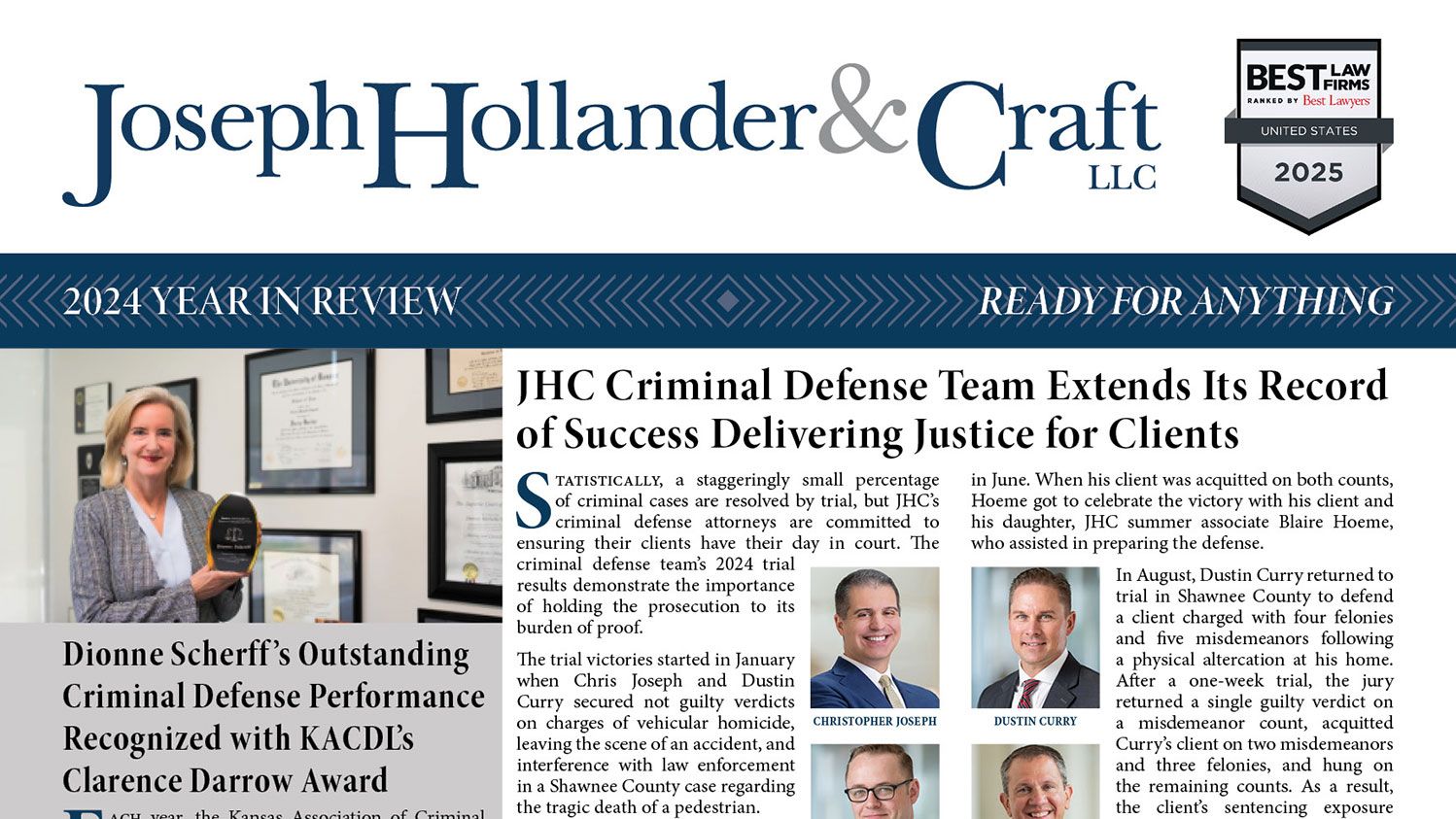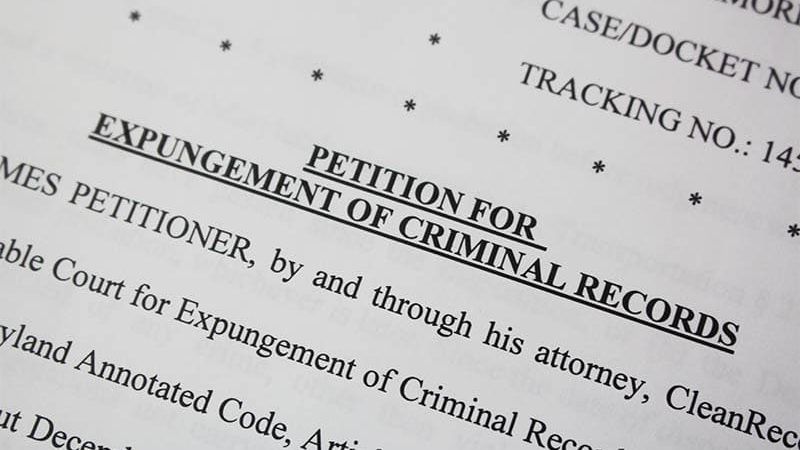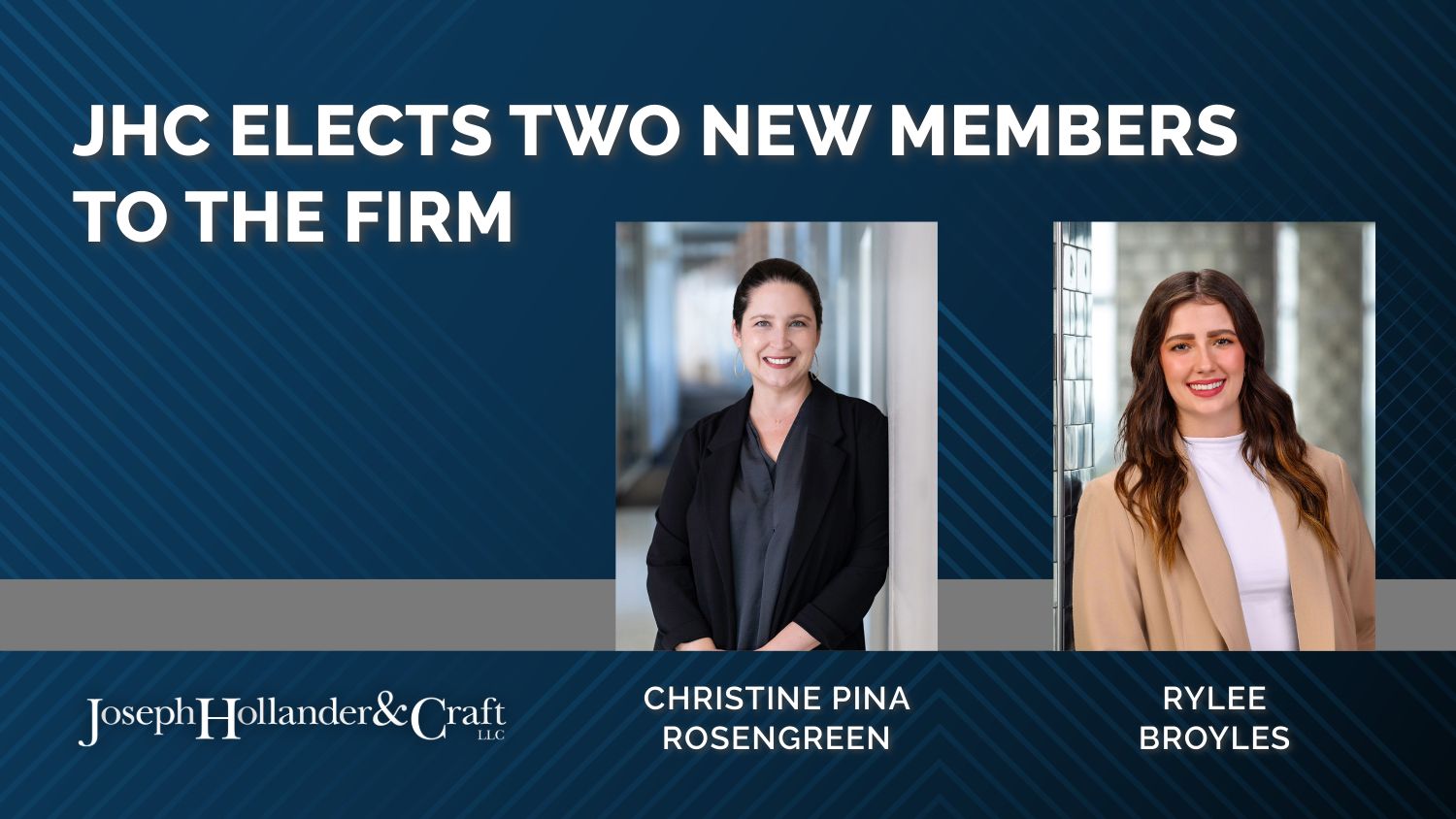A doctor was the sole owner of his general practice clinic. On behalf of himself and his clinic he signed an integrity agreement with OIG whereby he agreed to pay a sum of money to resolve billing disputes. After entering into the agreement on each of his subsequent licensure application renewals the doctor answered “no” to questions necessitating disclosure of any investigations and/or disciplinary action initiated against him by any government agency. The Kansas Board of Healing Arts suspended the doctor’s license and imposed a fine concluding his “no” responses on his application among other legal theories constituted fraud and misrepresentation in obtaining a license. The doctor argued contrary to the language in the agreement, it is standard practice that the integrity agreements are really geared towards the clinic, not the doctor in their individual capacity. The district court rejected the doctor’s arguments finding the language in the agreement was controlling on the issue and it constituted a sanction or disciplinary action. The district court found it was within the Board’s authority to discipline the doctor’s license and the suspension was reasonable despite the fact that it would result in shuttering the clinic doors and putting about 200 staff out of employment. The Kansas Court of Appeals in Prose v. Kansas State Board of Healing Arts, 408 P.3d 1004 (Kan. App. 2018) affirmed the district court’s decision.
If you find yourself in need of an advocate, call Joseph, Hollander & Craft. With offices in Wichita (316-262-939), Topeka (785-234-3272), Lawrence (785-856-0143), and Overland Park (913-948-9490), we serve clients from the Oklahoma border to the Kansas City area.













